Enjoy Financial Literacy Month with us onsite and virtually throughout November. Check out some of our elementary and secondary resources.
Onsite activities

Plan your visit
Join us at the Museum throughout the month of November for special activities for the whole family.
Elementary resources
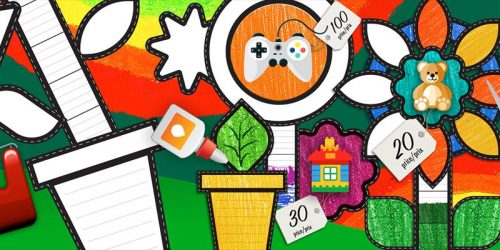
Growing your savings
Start a conversation with your child about setting financial goals and deciding how to achieve them. Then have some fun with a paper plant they can “grow” to track their progress.
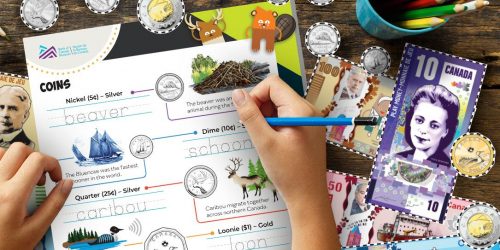
Exploring coins and bank notes
Explore Canadian money with young learners using our printable worksheets.
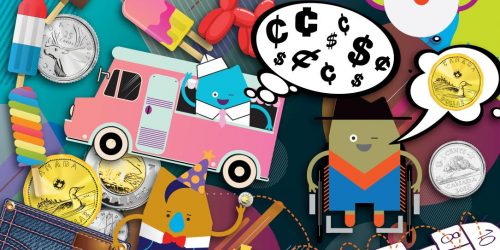
Counting money and making change
Introduce your Grade 2 students to counting money and forming change combinations. Use these four sets of money math activities individually or in the order listed in this lesson.

Representing money in many ways: Addition, fractions and equivalents
Help your Grade 3 students make change, understand fractions and represent money in different ways. Use these activities individually or in the order listed in this lesson.

Needs or wants? That is the question!
Do you need it, or do you want it? That’s an important question to ask before buying anything. This activity is designed to teach kids how to prioritize their needs and wants, and how to make informed choices when shopping.
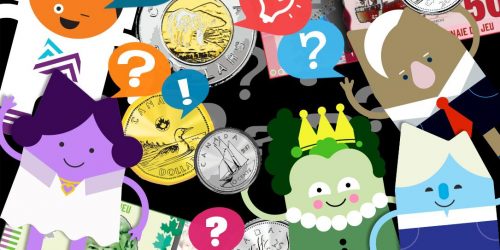
Understanding Money: Common Questions
Ever wondered who decides what goes on Canadian coins or bank notes? Or why our coins have certain names and our notes are different colours? Use this guide to help answer some of your money-related questions!
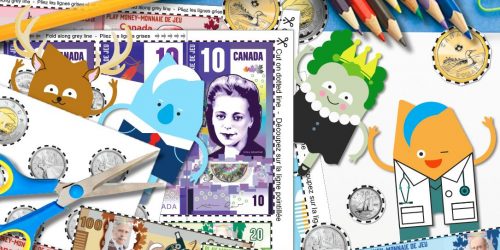
Printable play money
Practise counting and exchanging coins and bank notes with our printable play money.
Secondary resources

Building budgets
Balance a monthly budget for a household and learn some financial saving and spending tips along the way.

Thinking like an economist
Introduce your students to foundational economic concepts using everyday examples.

Your role in the Canadian economy
Play our game to discover how your economic profile compares with those of other Canadians. Explore population and employment data and spending habits across different regions.
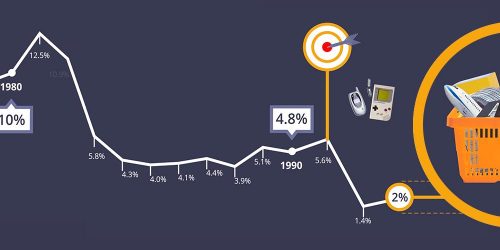
Price check: Inflation in Canada
All about inflation: what it is, what it means and how it's measured. Students will learn how the consumer price index is calculated and create their own student price index to measure the prices that matter most to them.
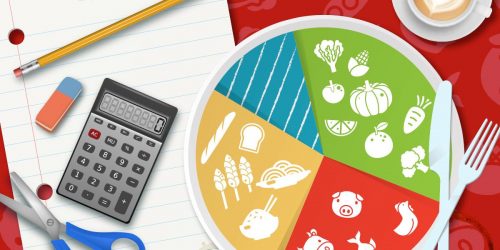
The economics of suppertime
Make grocery shopping an economic lesson by helping your kids prepare a meal plan, and shop for ingredients based on a budget.

Making sense of currencies
Use this activity sheet to practice converting exchange rates.
